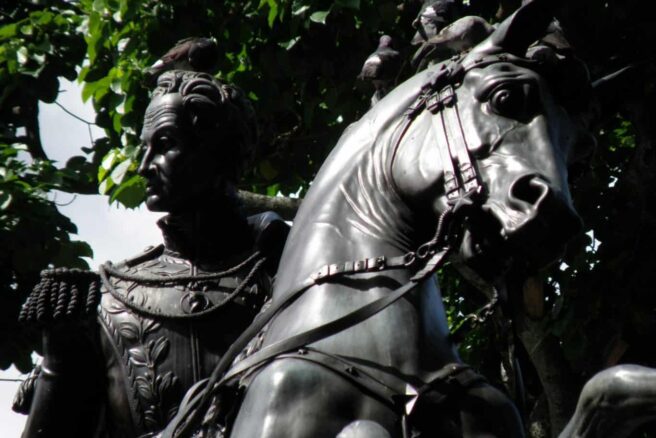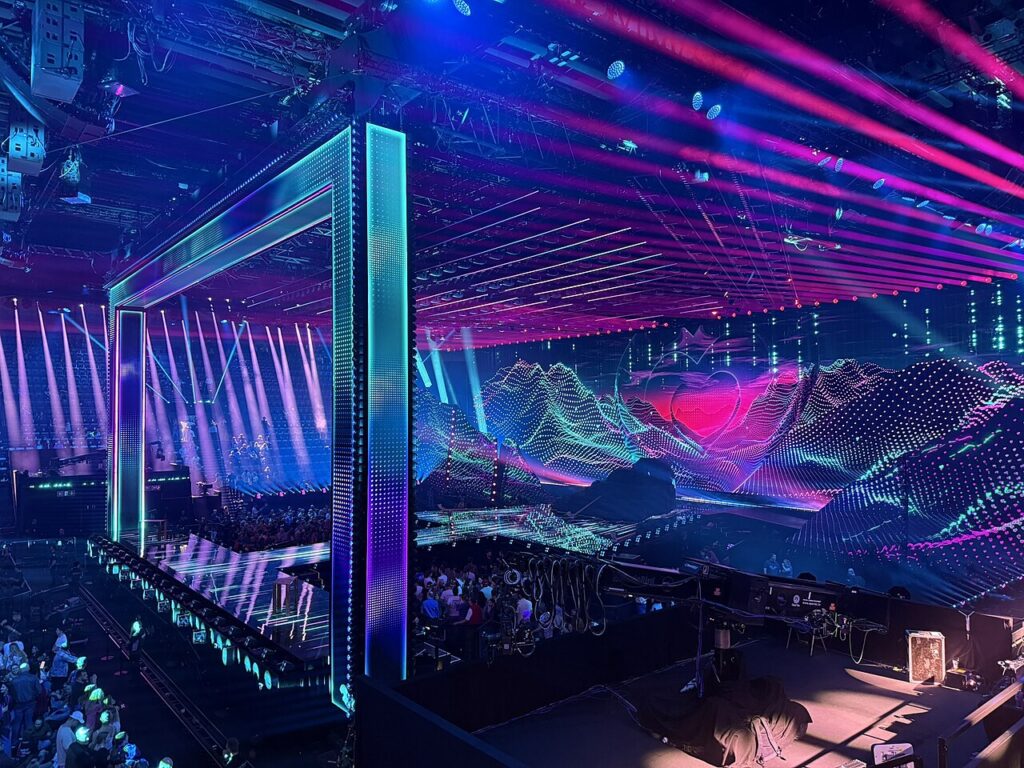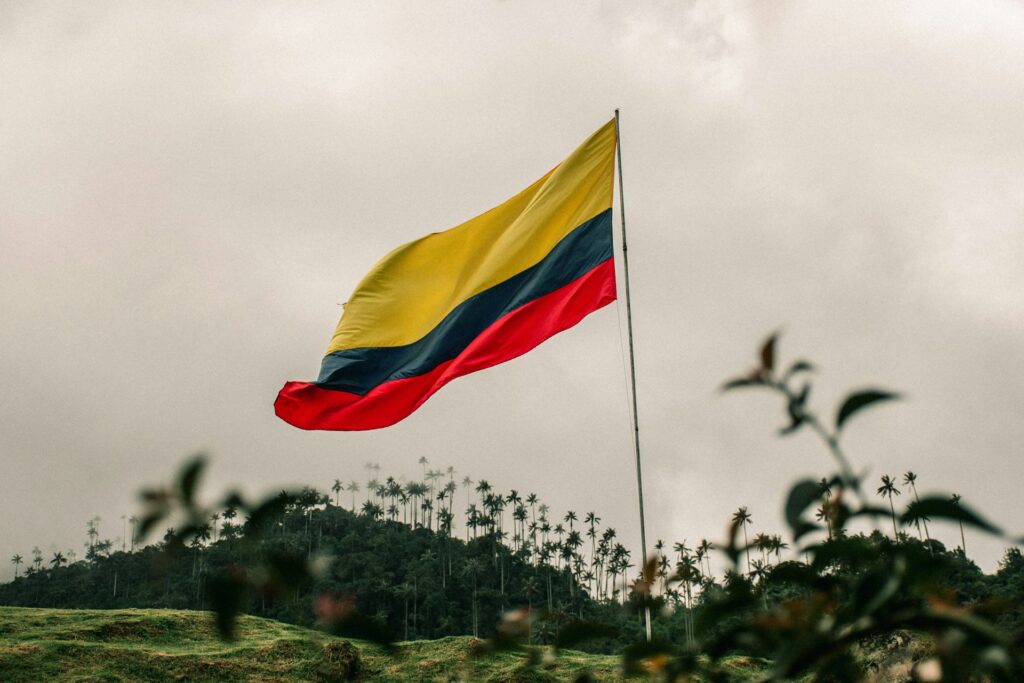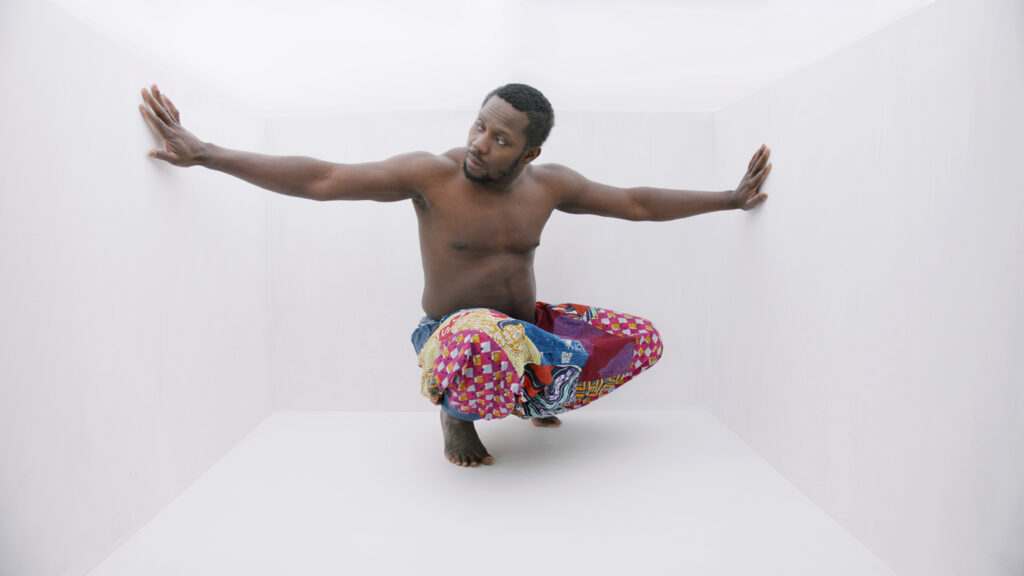The case of Venezuela and it’s former president, Hugo Chávez, offer a good study about a situation where the whole society is penetrated by populist politics.
Back in 2011 the president of Venezuela, Hugo Chávez, went to Cuba. He had been there many times before but this time it was extraordinary for two things.
Firstly, Chávez stayed there for longer than usual, about a month. Secondly, there was no official information as to what was going on. He did not even appear in the media as his almost daily habit had been during the past 12 years.
Rumors started to circulate. It was suggested that he went there for a knee surgery but the opposition media claimed that he did not go there just for his knee.
Many supporters of Chávez, Chavistas, were telling to “let the man rest!” since he had been working constantly since assuming office in 1999. After a while, I began to receive e-mails from the opposition minded informants stating that he, in fact, has cancer.
On the 30th of June I was in a car with my friends in Caracas. The driver, a known Chavista, received a phone call from his devastated mother.
The mother was watching Chávez’s speech on television, which in itself was nothing new. But this time Chávez’s speech was broadcasted from Cuba and it broke the long silence.
El comandante – his comandante – had cancer!
Chávez announced that he, indeed, has cancer, and it had been treated in Cuba. The car driver was in shock. El comandante – his comandante – had cancer!
The rest of us in the car who followed also opposition news and not just the official information, were not surprised. There had been hints about his cancer already for days.
From local to global
But what can Venezuela offer for those outside of Latin America? Why should we care about it?
The answer is short: Brexit in the United Kingdom, Donald Trump in the United States and the Finns Party here in Finland. These are all examples of current politics, and a common denominator between them is populism.
Populism is often labeled as something negative, but when we stop to think about it, it is a slippery concept. Populist politics come in different shapes and forms and from a variety of ideological backgrounds.
That is why a case where the whole society is penetrated by populist politics offers a good case study. In my doctoral research I have examined the role of media in a populist conflict and discovered a number of important insights about populism that we can use to understand the populist phenomenon also beyond Venezuela.
The whole political sphere in Chávez’s Venezuela was populist.
First of all, the whole political sphere in Chávez’s Venezuela was populist since all the actors – not just the ruling party – were counter-hegemonic and appealed to the people against the political power holders.
In Chávez’s Venezuela there were two opposing populist movements. However, when we think about it more, it may not be so extraordinary – there is something that makes all politics at least a little bit populist.
Populism here and there
What we can learn from the Venezuelan case is the mechanism of populism. It is about constructing the hegemony and appealing to the people.
If Hillary Clinton wanted to win, how would she respond to Donald Trump’s populism? Why the success of the Finns Party seems to be decreasing after they joined the government? The answer has to do with the construction of unity and the ability to maintain it among the supporters.
Media functions as a constructor of unity.
The second thing that we can learn from the Venezuelan case is that media functions as a constructor of unity. Hegemonic structures are not solid and natural – they consist of different groups and approaches that need a uniting force.
The media content represents a reflection of the surrounding society. In my research I found certain journalistic strategies that are used to maintain an illusion of neutral news reporting while putting forward a specific editorial line.
The construction of populist symbols, signifiers, such as the leader (including his name and persona), the people, or the enemy of the populist movement, requires collective memories and values.
These signifiers create group cohesion. The media is involved in this formation of signifiers since it mediates as well as constructs this message.
Chávez as a populist signifier
Let us take an example of Chávez as a signifier. Because Chávez openly showed his passion, he was perceived as devoted to his cause. That made him more believable and trustworthy in the eyes of the audience.
Here Chávez can be compared to other populist leaders. The direct connection was experienced on the emotional level and it was actively constructed in the public discourse and image-building.
This contributed to the collective identity of the people and made them active societal actors. The excluded part of the population became included into the society.
The excluded part of the population became included into the society.
The construction of populist signifiers also included demonizing in the form of attaching negative and immoral values to the enemy. This polarised the situation even more but also helped to create more cohesion among “us”.
Therefore, ultimately, values in hegemony are not only forced from above but also rise from below as individuals adopt different values and make them their own.
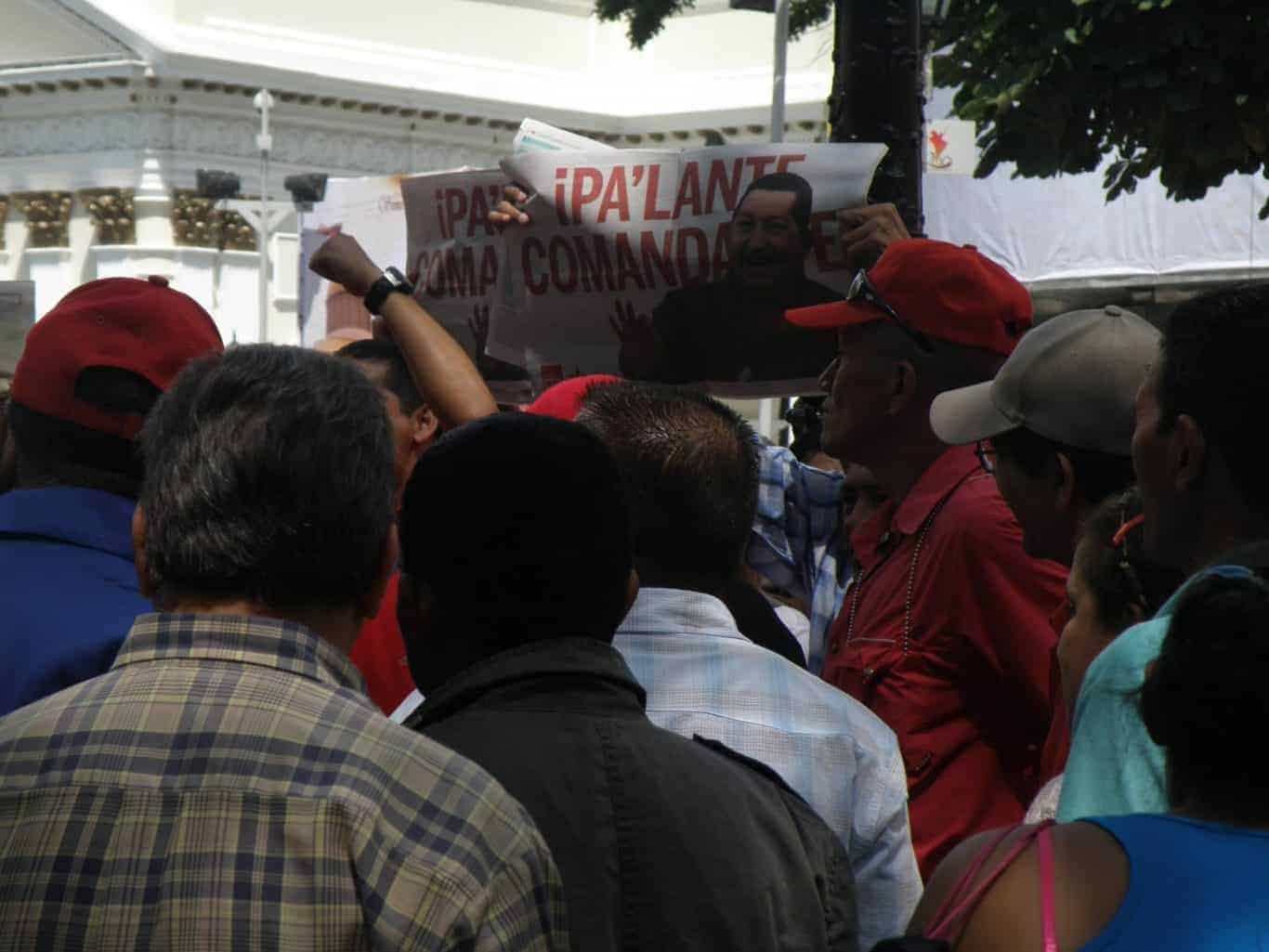
The civil society awakens
One of the important questions is how the citizens react to all this? Some feel indifferent about the situation because they lack passion. They simply do not care about the issues discussed in politics.
At the same time, other citizens become politically more active. Passion is not only an individual’s thriving force but also a collective aspect.
Passion links people together. Citizens in Venezuela adapted to the situation in many different ways. The civil society actors learned to “play the game”.
The civil society actors learned to “play the game”.
They learned to organise events to gain the media’s attention. They approached certain mediums when they want publicity to their cause. They also learned to use technology such as videos and social media to circulate information.
The civil society in Venezuela began to evaluate reliability of information using various platforms and family or friend connections. They also produced and distributed information, including community media and other citizen media projects. This has gone hand in hand with the sense of awakening as societal actors.
At the Plaza Bolivar
After Chávez’s televised speech there were speculations in the media whether Chávez would come to Venezuela before the 5th of July. There was a lot of pressure for Chávez to come because it was Venezuela’s 200th independence day.
When I turned on the TV a day before, I got to know that Chávez had arrived in Caracas early in the morning. As a curious researcher and journalist, I took my camera and recorder and headed to Caracas’s downtown to Plaza Bolivar. There Chávez’s supporters had a permanent stall next to the parliament building.
The plaza was full of people wearing red shirts celebrating Chávez’s homecoming. Many of the supporters were holding a local newspaper Ciudad Caracas up in the air, showing an image of Chávez.
From global to local
Once again the media was tangled up in the events. The pro-Chávez Ciudad Caracas had made a smart move of printing the image on its pages.
The newspaper became a way not only to demonstrate loyalty to Chávez but also to express one’s feelings. It became a symbol of showing that one was part of the collective force that supported the leader, being one of the people, el pueblo.
The newspaper became a way not only to demonstrate loyalty to Chávez but also to express one’s feelings.
The media is always part of the net of events, so mucn so that the narrative of Chávez’s cancer would have not been possible without the media. Lately Venezuela has been in the global headlines because of the economic and political crisis.
Even though the political situation has worsened now during the era of Nicolas Maduro, the foundation was laid during Hugo Chávez’s presidency. It was during his era that the society became highly polarised.
There were always at least two “truths” to every story. Just like in the story of Chávez’s cancer, the official version differed from the opposition’s version.
The media holds immense power in the society, especially in Venezuela with its deep-seated clientelist tradition. This is why it is important to study the role of the media in populist politics – not only in Venezuela but also beyond.

